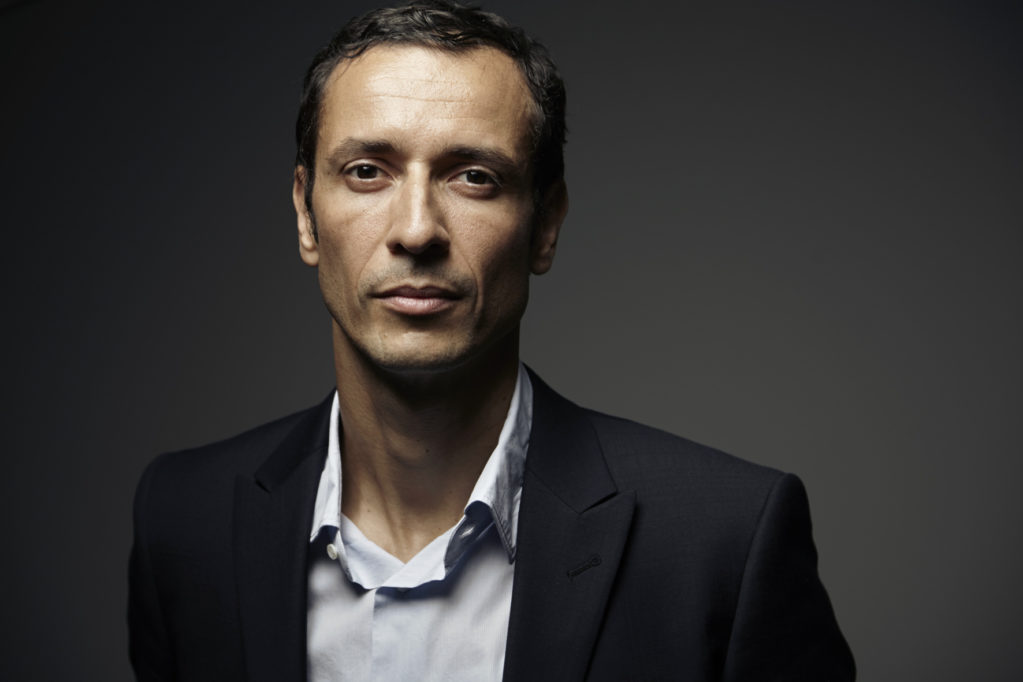Pulling together the United Nations Environment Programme’s (UNEP) many threads is extraordinarily difficult. Each UNEP thread connects to others, they intersect; touching one affects all.
If looking after the environment is your mandate, what can possibly be off limits?
In Nairobi, UNEP Executive Director Achim Steiner tried in June to stitch the threads together to form a cohesive whole.
Bursting with justifiable pride, he opened the first UNEA, the A for Assembly, and also an ‘A’ for his tenacity and energy in getting 1,200 very important people to go to Nairobi to move environmental matters up the global agenda ladder.
For Steiner, it’s a no-brainer.
Loading...
“Everything is connected.”
Whether it is deforestation, illegal trade in reptiles, microplastics in the ocean, developing green energy alternatives, climate change, food waste, sustainable palm oil, rhino and elephant poaching, environment and the rule of law or global investment strategies, all is connected.
“We may have been at the periphery of the global agenda in 1970 when UNEP started. We are no longer there, we are at the center.”
He’s right, of course. Getting governments, business, investors and vested interests to see this is a different matter. So this is the task he has set his staff.
What constitutes success for this first assembly?
Softly-spoken, a dual citizen of Brazil and Germany, Steiner smiles at the question, then answers softly but directly.
“The minute your child is born you claim success. A newborn does not start running like Usain Bolt.”
“So, success? First, did people come? Are we seeing other sectors involved? Has UNEA attracted a bigger constituency? Can we conduct our business?”
UNEP’s business is predicting or pinpointing disasters then doing something to prevent them. Climate change, deforestation, illegal wildlife trade and the oceans’ decline are among the issues on its radar.
The assembly child born in Nairobi is quite an achievement: 1,200 people, from around 150 of the potential 190 countries, and about 100 ministers.
Getting this bunch together in a country many see as a security risk shows how the United Nations (UN) and the world sees the environment moving center stage socially, economically, politically.
The UN does not easily give permission for an assembly outside of the General Assembly. Even if you do have one, nobody might arrive. But they arrived in droves, from Prince Albert of Monaco to Secretary-General Ban Ki-moon.
This first meeting had more goals than all those scored in Brazil. Setting goals, and targets towards goals, is UNEP’s speciality.
When it comes to money, numbers bandied about in Nairobi were eye watering: sums saved, used, needed, pledged, spent.
Green bonds have attracted billions; the cost of illegal wildlife crime is estimated at $213 billion a year; even a tiny program like reducing short-lived climate pollutants has $50 million in its trust fund.
These numbers are chicken feed for Steiner.
“How will 10 billion people live together on the planet? Entire economies are rethinking how they provide power, food, transport. The world wants an authoritative body on environment.”
“We are rediscovering nature, not as a romantic thing, but as a harsh reality. Seven million people die every year from pollution. Why?”
He says the public knows more, expects more and demands more. A trillion dollars a year is needed to finance a green economy, Nick Robins, director of UNEP’s Inquiry into Design of a Sustainable Financial System, says.
“The global stock of assets is $225 trillion, so the money is there. The rules of the game are just not driving it towards a green economy, although returns are huge,” he says with a shrug.
There is an irrefutable logic to everything proposed at the assembly, yet often a concomitant lack of implementation.
Like climate change. We all know it is coming, why is so little done? Another shrug. Vested interests, greed and global corruption.
Yet there are literally countless success stories told in Nairobi, from saving the ozone layer to stopping lead in petrol and sulfur in diesel.
The assembly has meetings aplenty. High-level meetings, country specific, illegal fishing group, green economy specialists, wood scientists, donors, funders, oceans, climate, water, the energy group. Whew! Each has a report, a book, a foundation, and everyone is desperate for publicity.
UNEP strives for a minimum standard of living, it not being just a dollar thing. It is sanitation, education, clean air, food, security, transport and insurance.
UNEP also seeks out the bad guys and tries to discipline them. Overfishing, pollution, illegal charcoal, logging and poaching.
Governments are convinced by UNEP to stop subsidies to fish faster, or subsidies to burn coal for energy. Enemies are legion and include plastic in the ocean, carbon in the air and loggers on the ground.
Despite the environment’s dark outlook, optimists people the assembly. Reports fall on journalist’s desks like confetti. Saving the forests, towards a green economy, stopping pollution, reversing coral reef decline. Much is being done.
Take oceans. The report shows drivers of decline – rising demand, technological advances, fish stocks plummeting, habitat loss, weak governance, climate change – but matches them with eight drivers of recovery: development goals for oceans; governance; stopping overfishing; closing seas, ports and markets; keeping plastics away; establishing oil and gas standards, a global oceans board, creating regeneration zones.
Was this first assembly successful? People came. It made news. Other sectors were sucked in. Yep, pretty successful for a first try.
Loading...
